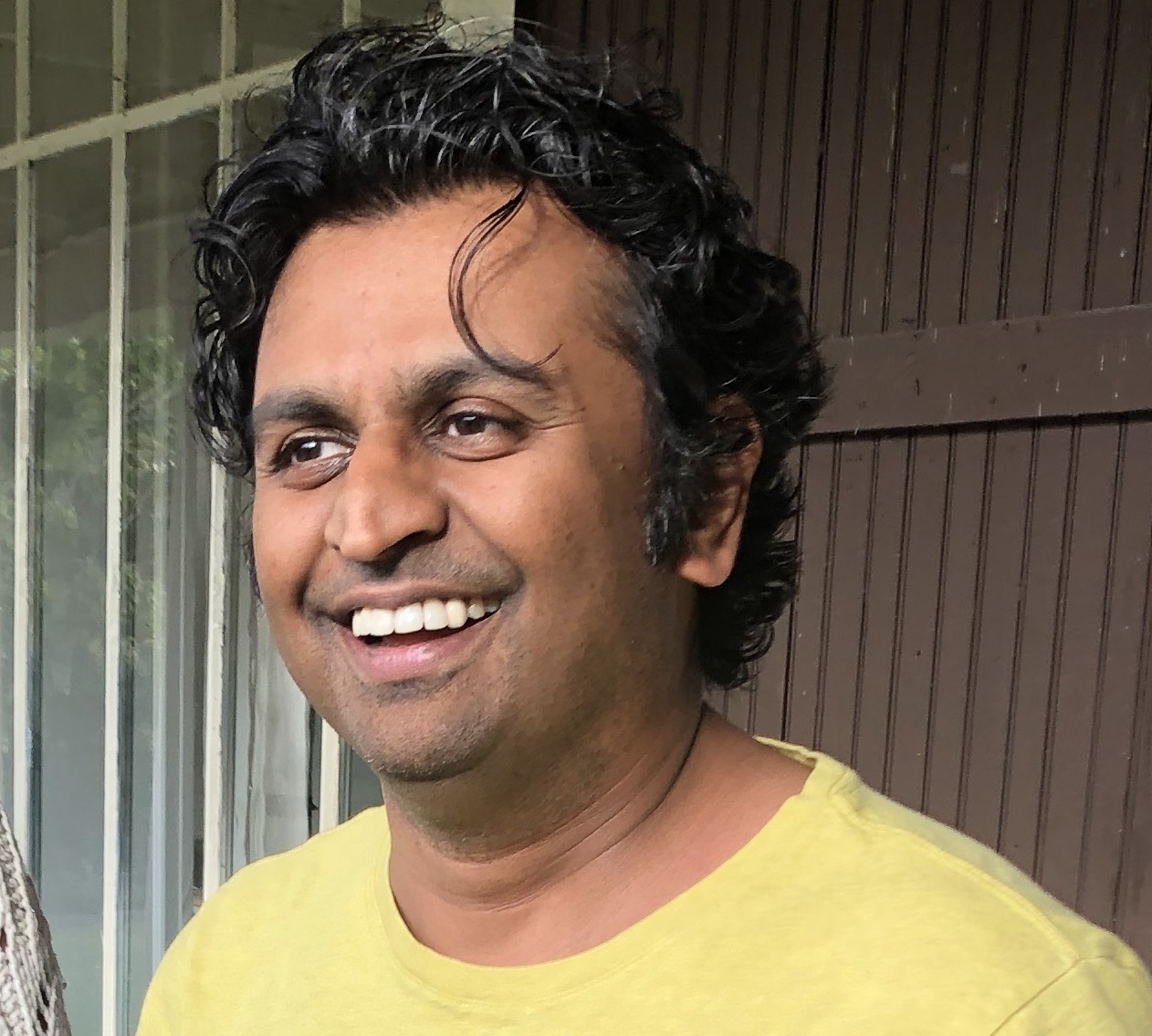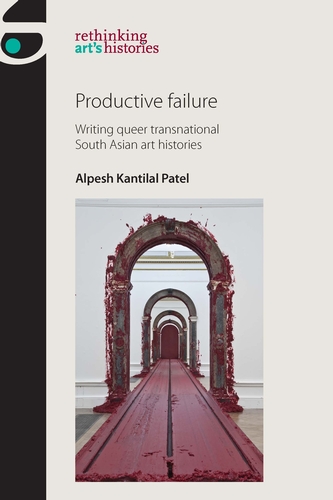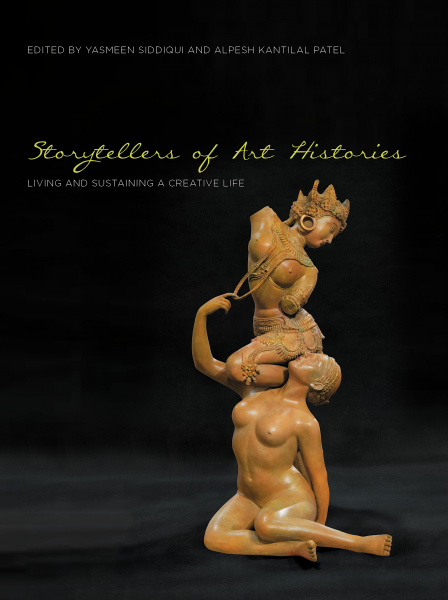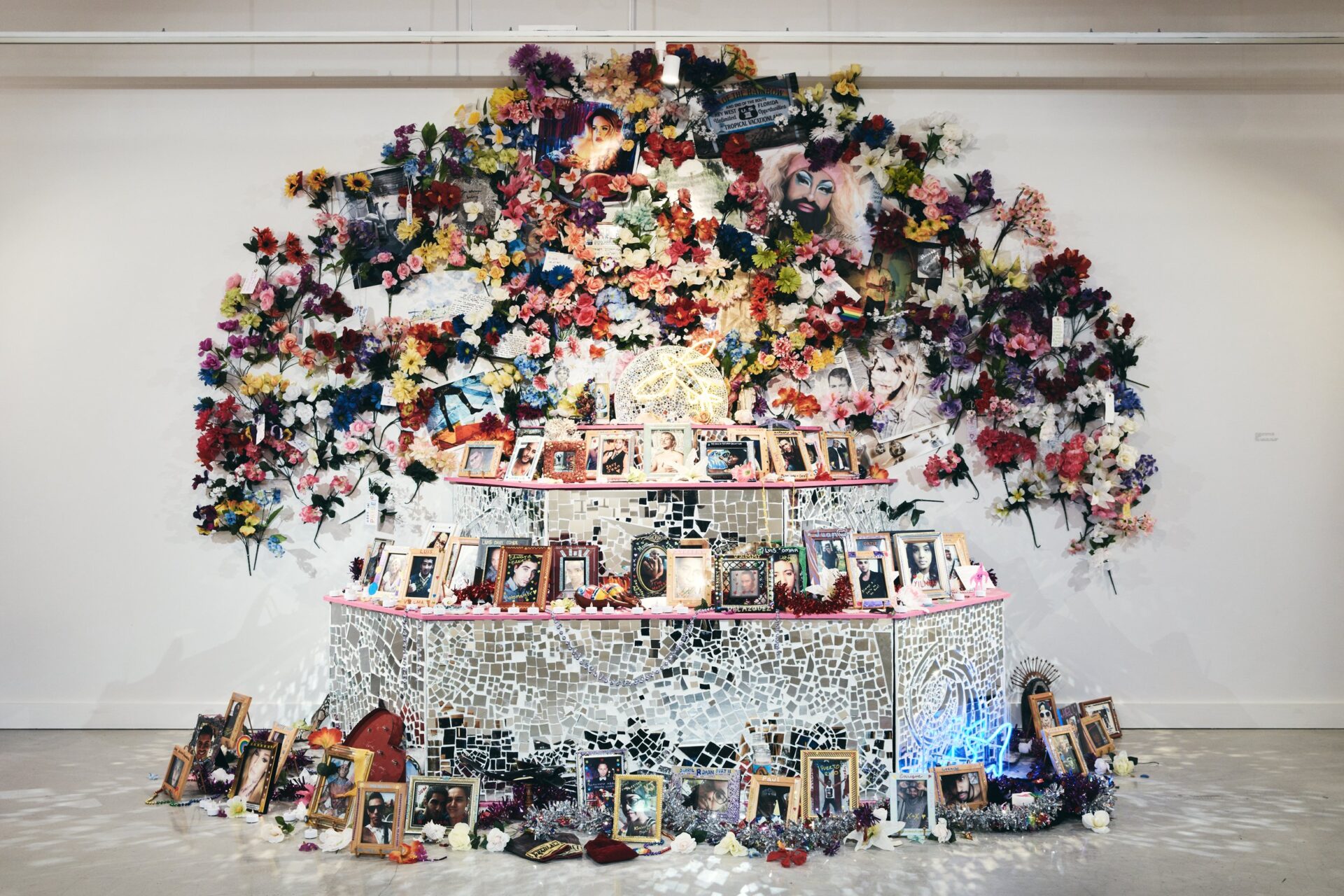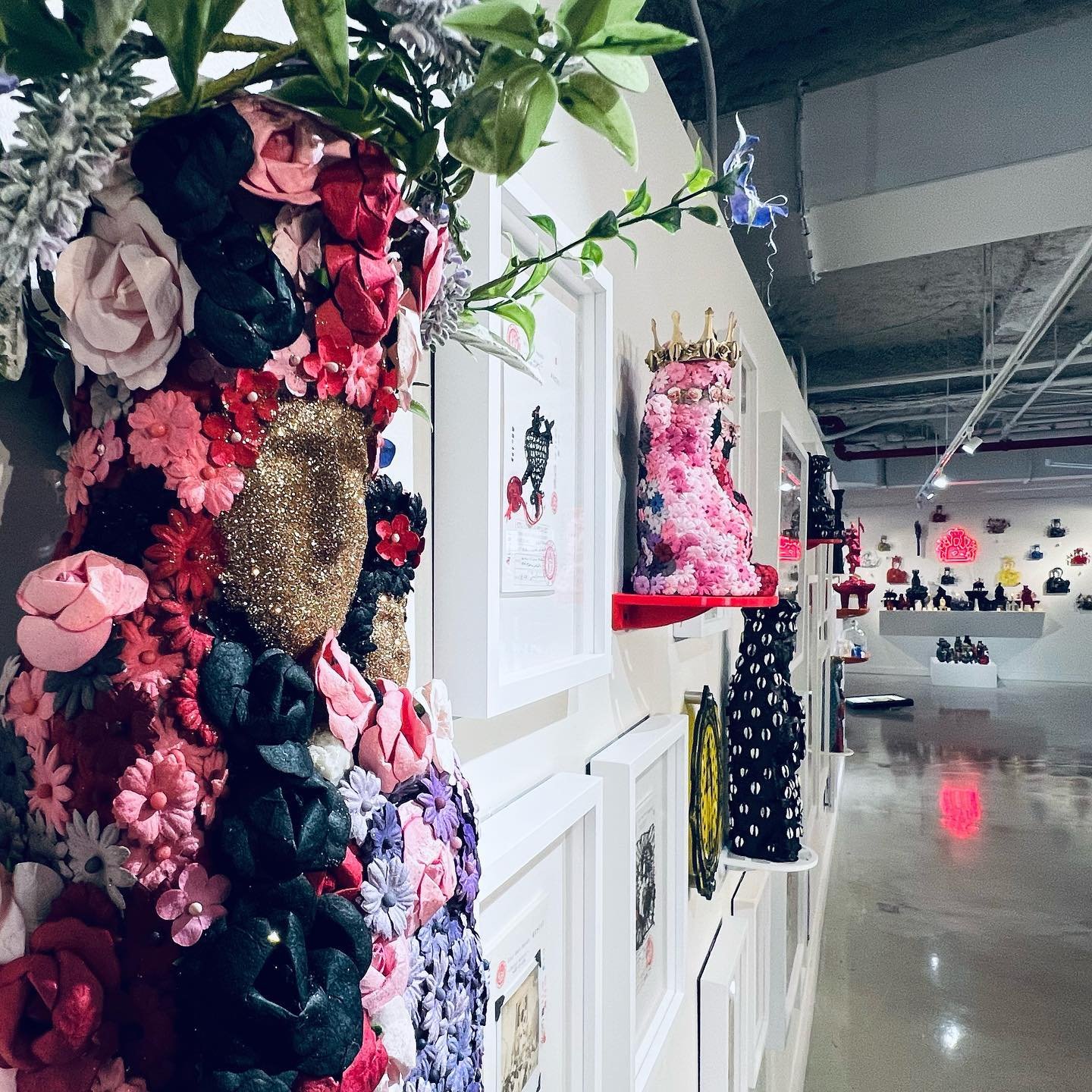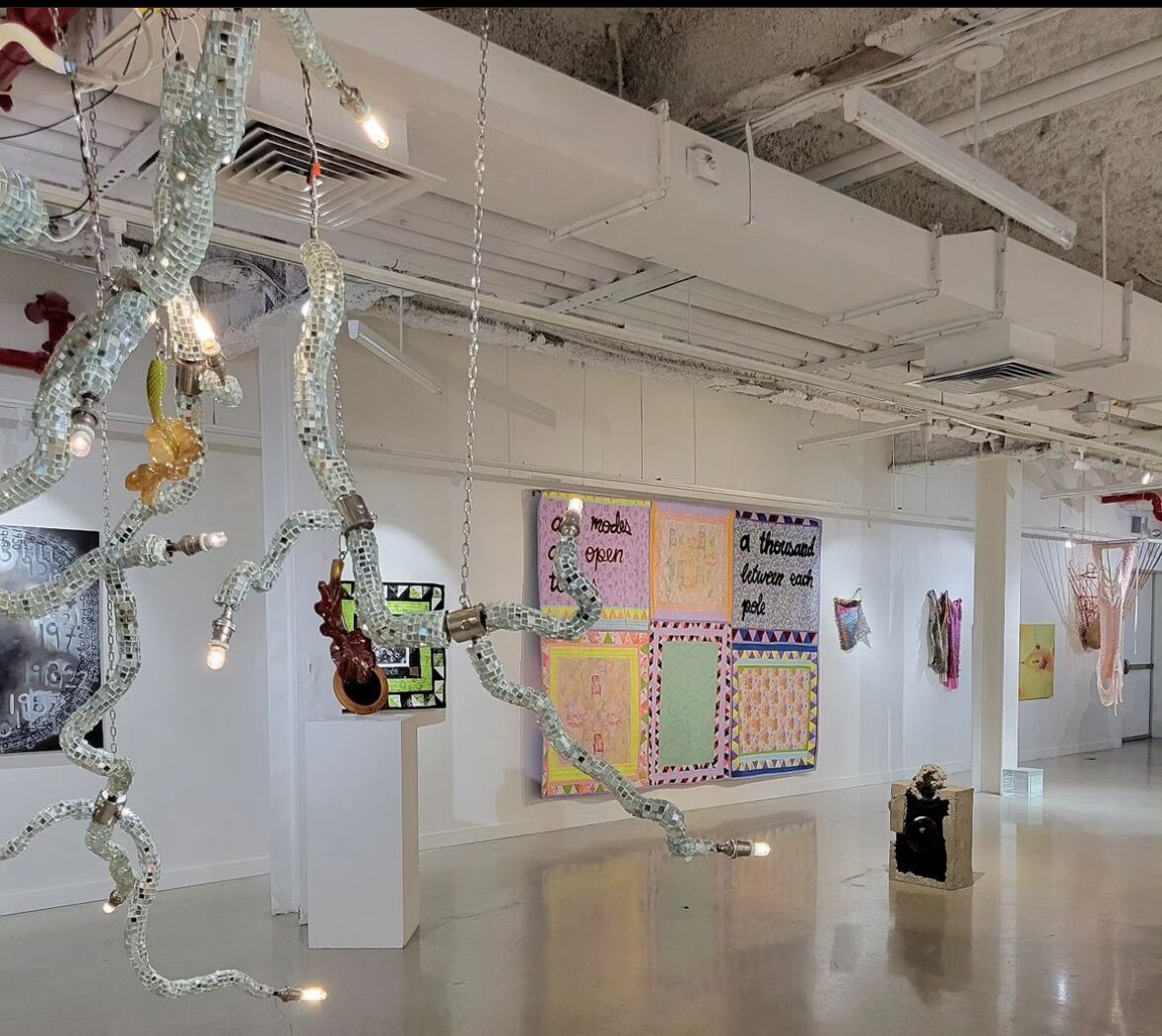
“Form and Formless: Constellations of Knowledge,” part of the Forever Becoming trilogy of shows at UrbanGlass, New York City, October 18, 2023-February 23, 2024, organized by Alpesh Kantilal Patel. Photo credit: Julia Kwon
Alpesh Kantilal Patel
Artist Statement
I am an art historian by training, and I strongly believe that art history is an act of storytelling; therefore, there is always another story to tell. Through this mode of “doing” art history that privileges subjectivity over objectivity and particularity over universality, I aim to write theystories that are anti-racist, feminist, queer, and transnational. After working and living in Miami for a decade, where I directed the MFA program in visual arts at Florida International University, I moved to Philadelphia in 2021 where I am an associate professor of global contemporary art at Tyler School of Art and Architecture, Temple University.
My roots (South Asia), routes (disparate places across Europe and the United States), and my identification as nonbinary shaped my first book project “Productive Failure: Writing Queer Transnational South Asian Art Histories.” My second book “Multiple and One: Writing Global Queer Art Histories” (forthcoming from(Manchester University Press) brings together creolization and queer theories, both of which privilege experience, relations, and becoming to embrace the mutability of identity. My current book reflects on my recent interest in glass and trans theories/methods.
While at Headlands
While at Headlands, I will work on a new book project that emerges from the “Forever Becoming” trilogy of exhibitions I organized in 2023 at UrbanGlass, New York City. Each show took as its point of departure that glass uncannily embodies the prefix “trans,” which refers to movement or crossing. As a material, glass hovers between form and formlessness, transparency and opacity, and multiplicity and singularity. It eschews fixity and is anti-identitarian. Of particular interest was thinking about how when trans is attached to concepts such as culture, nationality, gender, ecology, and human, it unsettles their meanings. Working with artists exploring ideas connected to these topics in a broad array of media—from glass, painting, and sculpture to AI, sound, and the moving image—made clear that we need new language to explore identity’s slipperiness and intrinsically kaleidoscopic nature.
